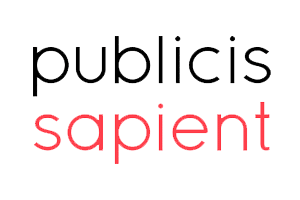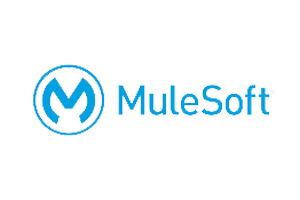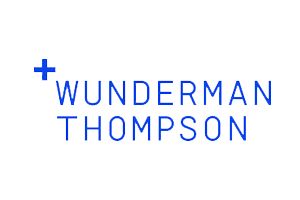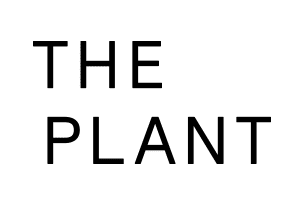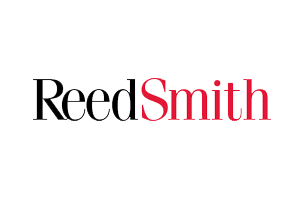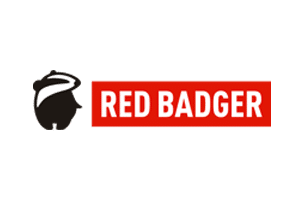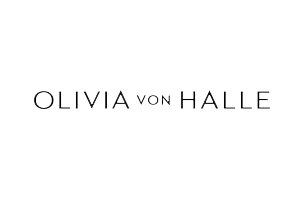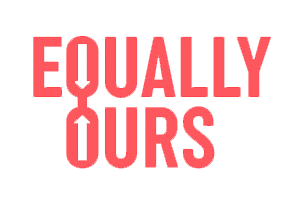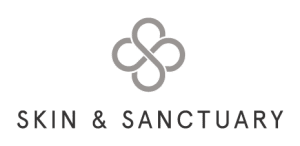Sarah Baker is the head of business growth at Ledger Bennett, an award-winning global B2B marketing agency for full-service omnichannel demand generation and talent solutions. She mentored Tina* (23) who completed the programme in May 2024. The key results for her were:
- appreciating the tangible, meaningful impact of the mentoring process and seeing the difference it made;
- reflecting on her own biases and approach to recruitment and mentorship, particularly regarding unconscious biases around hiring practices; and
- reinforcing her commitment to genuine social justice as she saw how the YMI women were proactive and interested in improving their circumstances.
Sarah was motivated to join the programme to promote more diversity in the media world. “I’ve been at it for many years, but we generally still see the same people from similar backgrounds coming into the industry; it’s closed off.”
However, she was concerned about her role as a mentor (being a middle-class white woman) and whether she had the right to guide others on issues she hadn’t personally experienced. “It was an eye-opener during the mentor training when they talked about intersectionality and the history of colonialism, and the legacy impact it still has. They spoke about London becoming inaccessible to these women, even though they’re from very central areas of the city.”
When Sarah expressed her reservations, the YMI team’s reaction was warm and positive. “They said, ‘If you weren’t worried about that, it would have shown a misunderstanding and lack of awareness. The fact that you have those challenges, means that you have different ways of doing things, which can benefit the mentee.’ This reassurance, and the training itself, were very good. They did a great job of matching the mentors and mentees, aligning them based on what people wanted to get out of the programme.”
At their first hour-long meeting (of 16), Tina told Sarah she was interested in marketing and media, or becoming a professional musician, or something else arts-based. “She was quite shy, perhaps unsure of how to present herself despite having work experience and a university degree. These women usually have lots of things behind them already but for whatever reason have been unable to reach their full potential. Often, they face barriers and prejudices, maybe the wrong accent or name, and I think perhaps Tina has faced some of that too in the environments she’s been in.
“So we learnt a bit about each other and I asked her to write down everything she wants to do, everything she’s into. Then we could work out what is realistic. I think my role was to take things that she didn’t think were a big deal and turn them into a compelling argument for something. We also talked a lot about one’s passions not necessarily meaning it should be one’s career.”
The more her mentee visited Sarah’s office, the more comfortable and welcomed she felt in the office environment. “She ended up applying for a role at my agency, and she got it! She’s now almost a year into working with us, which is really nice, and it means that we can continue our relationship as well.”
What stood out, is how Tina ‘s confidence grew during the programme. “She got so much out of YMI, doing things that I think she’d never felt very comfortable with doing before. One thing we’ve worked on is sitting back and not having an instant reaction to something. Just think, what does this really mean? What’s the opportunity? How do I tackle this properly, taking a wider lens on stuff?” Sarah also noted how Tina’s presentation of herself and her work improved, as well as her ability to take ownership of professional situations, like organising meetings.
“Personally, I got a lot out of the mentoring at a time when I was quite stalled in my career, bored at work (she has since gone on to a new role within the group). YMI gave me something that felt productive, and genuinely useful. I could see it was making an actual difference to people, and it felt a lot more fulfilling.”
Sarah found it extremely frustrating to learn that many of the YMI women wouldn’t qualify for other diversity employment programmes because they were too skilled to qualify. “The point was that they also then weren’t getting the entry-level jobs either because they didn’t have the right voice or name. There’s so much subconscious bias that these women face. I’ve always thought of myself as forward-thinking, but I also had to question myself. Had I genuinely looked at things with no bias?”
She also feels it’s important that her industry opens up more to less-represented people from for instance racially minoritised backgrounds. “We talk a lot about how advertising is a reflection of the nation or culture, but it can only be a true reflection of culture if everything that makes it up is represented. If you often look at the senior leaderships in industries, they’re practically all white middle-class men. If they are the people that we’ve got making the decisions, it will never change the access for other people. So we need to do other things to enable access for other people. We might have quite a diverse workforce at a junior level, but then they don’t stay, because it’s not a welcoming environment for much of the time.”
Would you mentor again? “Absolutely. We might think we’re not making a huge difference on a huge scale, but we’re making a huge difference to individuals. And if you can make a huge difference to that one person, and then they go on and do it to a couple more people, then it gets scaled up. Attending the graduation was great, seeing the transformation and the group of women together. They gave up a lot to attend the programme – they wanted to better themselves and worked hard for it. One can only feel motivated by that!
“YMI is a truly valuable programme, and I would recommend everyone to mentor as it’s quite easy to get involved with. And very satisfying.”
* Pseudonym


